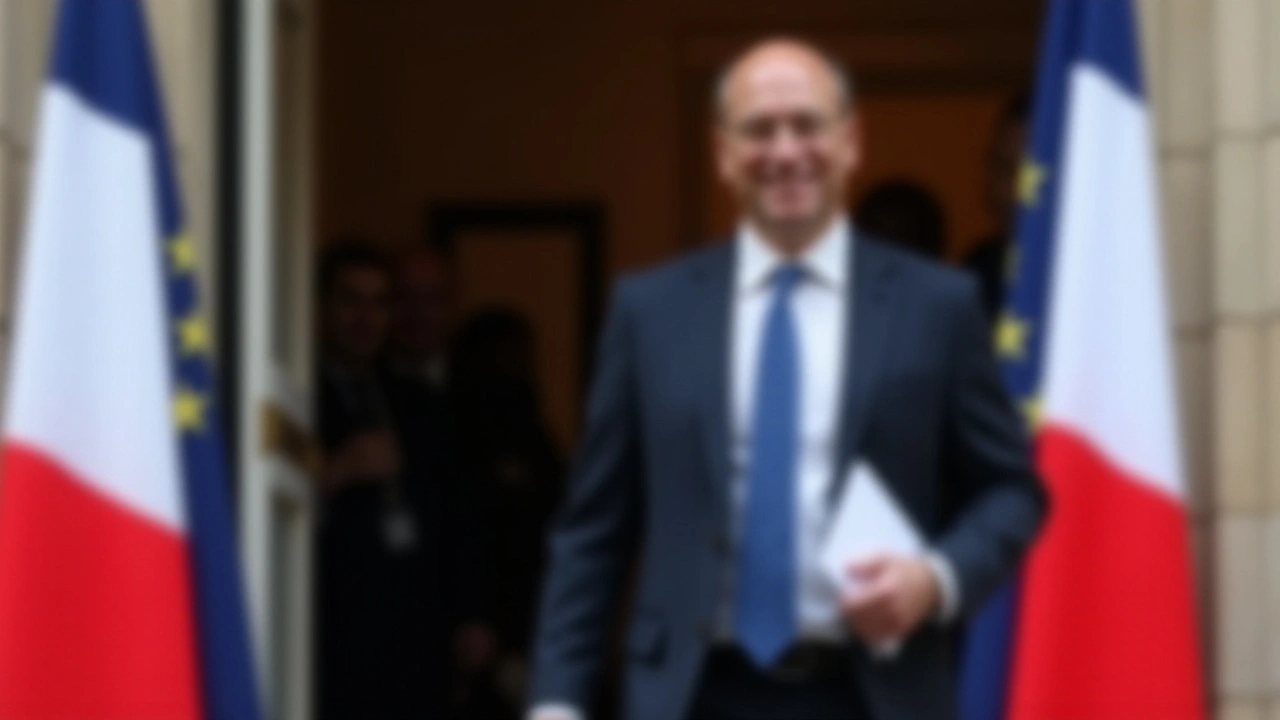France's Financial Dilemma
The French government, under the leadership of Prime Minister Michel Barnier, has introduced one of the most formidable austerity budgets the nation has seen in recent years. This initiative is seen as a necessary evil to remedy the staggering levels of national debt and deficit that have been steadily climbing. France's economic indicators reveal a dire situation; the deficit currently stands at 6.1 percent of the economic output, compared to 5.5 percent in the previous year. Meanwhile, the national debt has ballooned to over €3.2 trillion, amounting to more than 110 percent of France’s GDP.
Debt and Deficit: A Growing Concern
To illustrate the gravity of the financial challenge, the country is paying more than €50 billion annually in interest payments, a figure poised to escalate to €80 billion by 2027 if stringent actions are not undertaken. The burden imposed by this debt is stark when compared with the country's defense budget, which stands at €47 billion. This comparison highlights the unsustainability of the current path and underscores the urgent need for corrective measures.
Austerity Measures: Who Will Bear the Burden?
The unveiled austerity budget proposes aggressive measures meant to save €60 billion in the coming year. Barnier emphasizes that the financial weight will fall on those most capable of bearing it. This plan includes generating €20 billion through one-time taxes on high-income earners, particularly targeting couples without children earning €500,000 or more annually; this measure will impact around 65,000 taxpayers from the 20 million households paying income tax. Moreover, over 400 corporations, including oil conglomerates like Total, are expected to provide an additional €8 billion in tax revenue.
Slashing Social Benefits and Agency Budgets
The budget identifies €40 billion in savings by curtailing certain social benefits. Measures include delaying an inflation-adjusted hike in pension payments until next summer and reducing social security reimbursements for medical services. The plan also removes a €1 subsidy for pharmaceutical purchases and scales back a €16 billion initiative designed to assist businesses in hiring entry-level workers for blue-collar positions. Government and local agencies are bracing for severely reduced spending, with mandates that each €1 of spending must result in €2 of savings. This shift signifies that thousands of government jobs may be at risk.
Addressing Criticisms and Government Responses
Despite its ambitious scope, the austerity budget has drawn significant criticism. Gabriel Attal, a former prime minister, criticizes the corporate tax hikes, labeling the move as contrary to the pro-business stance President Macron has espoused. Attal suggests an alternative approach focusing more on minimizing government expenditure rather than increasing taxes. French finance authorities counter this criticism by arguing that the taxes constitute a modest fraction of the previously disbursed €100 billion aimed at aiding businesses during the energy crisis. Antoine Armand, France’s new economy minister, defends the plan, highlighting the critical state of the country's public debt and the necessity of facing this reality head-on.
The Economic Perspective
Economic analysts have expressed concerns that the austerity measures could dampen the already modest economic growth prospects for France. Projections suggest that the country's growth could dip below the anticipated 1.1 percent for the coming year. François Villeroy de Galhau, governor of France's central bank, adds weight to the austerity rationale by drawing parallels to a 'family living beyond its means.' This poignant analogy encapsulates the imperative for France to realign its public finances to fall in line with European Union budgetary norms.
Militaristic Expenditure: A Notable Exemption
Among the layers of economic tightening, one area remains untouched: the defense budget. Following Macron's prior commitments aligned with NATO’s call for bolstered security spending, the defense budget will rise to €50.5 billion by 2025. This decision underscores France’s unwavering stance on national security even amidst tumultuous economic restructuring.
The Road Ahead for France
In conclusion, France is stepping into a critical phase with this austerity budget aimed at realigning its economic trajectory. With necessary albeit controversial measures, the government aims to control the spiraling debt levels and set the foundation for long-term economic stability. The impact of these developments on the everyday lives of French citizens and the broader economy will unfold in due course, marking a defining moment in the nation's fiscal policies and priorities.







Write a comment